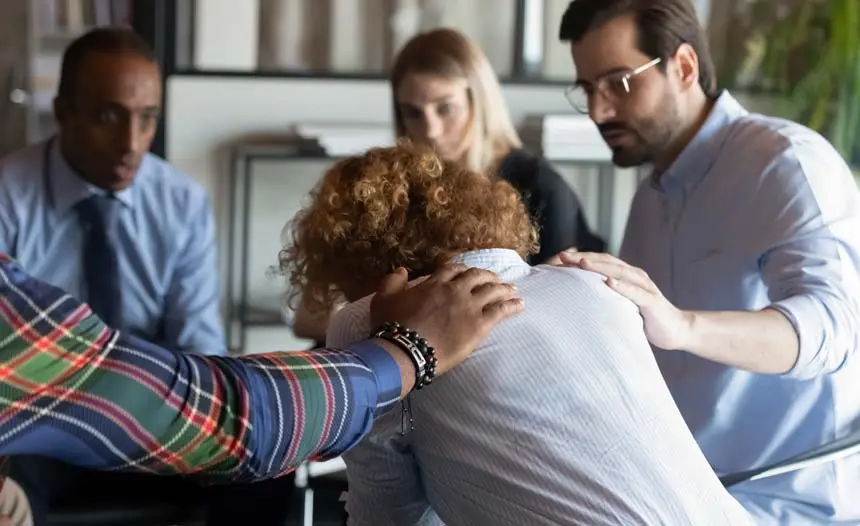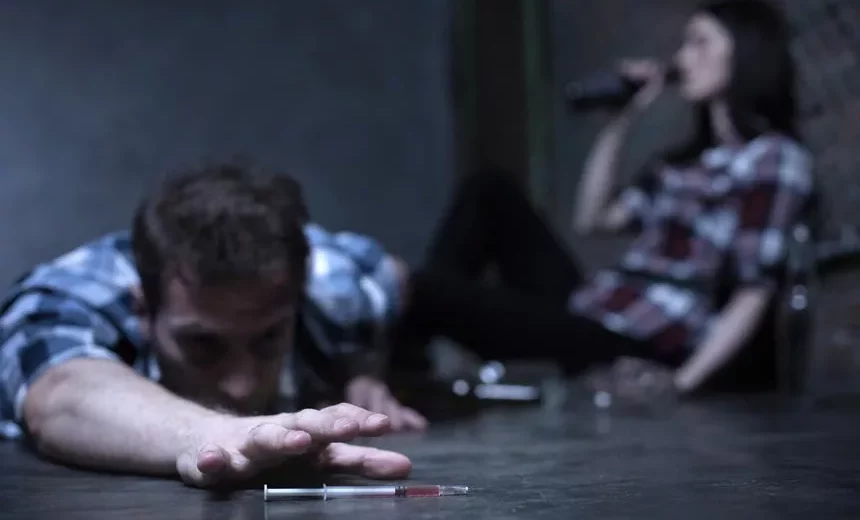Not everyone is lucky enough to find themselves surviving to see the day when they get to enter a substance abuse treatment center. For those of us who do, and who are ready to change, it should be seen as a major accomplishment and the start of the rest of your life. Recovery does not stop at the end of treatment, addiction aftercare has to be a part of the rest of your life to be successful.
As you get ready to transition back into the day-to-day flow of life after your stay in treatment, you might find yourself comparing the way that you feel now in relation to how you felt upon entering. It is clear that there has been some progress made, you probably feel better, sleep better, and can think more clearly.
24 Hour Addiction Recovery Helpline – Get Help Now
(877) 633-0053
In the short time away from temptation and using, you have most likely become healthier and happier than you have been in quite a long time. It is common for newly sober users to feel like they can take on the world!! While this is true, there are still some precautions that should be taken to ensure you continue on your path of kick-butt recovery.
In fact, the real work in recovery has just begun. Now it will be up to you to maintain your sobriety, and aftercare can play an important role in long-term recovery.
The Importance of Addiction Aftercare
Table of Contents

When you first leave treatment and come back to real life, there can be a whole lot of new emotions coming at you. You might find yourself being excited and eager to get your new life started. You may also find that there is some anxiety about using. Of course, it is easy to stay sober in treatment, there is nothing around!! However now, you are back out in the world, and temptation can be everywhere.
This is where reaching out for support comes in. Family is helpful, but if your family is anything like mine, they don’t understand addiction or sobriety, they are all normal. So it helps to have people on my side who actually get why I feel like I do, and who know how to get out of those anxious, dark spots.
This is where addiction aftercare programs come in. Many treatment centers offer those who are new to recovery and have gone through their program with tools and alternatives that help them readjust back to normal life.
They focus on preventing relapse, where clients can utilize and put into practice the tools that they learned in treatment.
Aftercare Treatment includes the following to help ensure long term recovery:
- Group and individual counseling
- Continued involvement in 12-step groups
- Dual diagnosis support and counseling
- Halfway house and other sober living
- Post-acute withdrawal symptom education
In addition to the help and support provided by treatment staff, those who take part in substance abuse aftercare programs also benefit from the support of peers who are going through similar recovery experiences. This support can go a long way to help empower those new in recovery to continue traveling the right path.
How Addiction Aftercare Programs Can Help People Achieve Long-Term Recovery
1. You Learn About Triggers
Triggers are everywhere and come from many environmental, social, historical, and psychological factors–and any combination of these factors can trigger substance abuse. There can be a variety of excuses that we can give ourselves that will trick us into thinking that we can turn back to active use of drugs and alcohol. For example, you can experience an episode of depression or you can recall a past trauma that may be unresolved in your life. Additionally, you may be in an abusive situation, experiencing a conflict in your marriage or other relationship, or you may walk into a social event where drinking and/or drug use is occurring. As part of an effective aftercare program, you will learn how to identify these stressors and find healthy coping mechanisms.
2. Dealing with Cravings

After successfully completing a drug treatment program, you will be faced with a lot of situations that you may not have considered during your stay in treatment. Whether it is getting a new job, starting a new relationship, or moving to a new home or new town, it may leave you in an emotionally vulnerable state. Through the additional individual and group counseling sessions and continued involvement in support groups through an addiction aftercare program, it can help you cope with these high-risk situations while keeping your recovery intact.
3. Thinking Through Relapse with Addiction Aftercare
Many recovering addicts think they can go back to using drugs or alcohol with the expectations they can “handle” using these substances in a responsible fashion. The truth is that by resuming drinking and drugging, those who had some recovery time under their belt will experience unpleasant or dangerous outcomes such as an overdose, emergency room visits, loss of a relationship or jail time. A relapse prevention plan created in aftercare programs teaches participants to “think through the relapse” and visualize the potential outcome of a slip before taking that first drink or picking up drugs.
4. Keeping a Slip from Turning into a Relapse
No matter how strong our program of recovery may be, minor slips are an unfortunate but common occurrence. While it may seem very disappointing, a minor slip doesn’t have to turn into a major relapse as long as you seek help immediately. If in the event you do experience a minor lapse, it is crucial that you are proactively in getting back to your program. Because the chances of relapse are high in the early stages of recovery, it is important to learn how to cope with the occasional slip if it does occur. Being able to handle these bumps in the road in a healthy manner will improve your chances for long-term recovery the next time around.
Freedom From Addiction
If you have found yourself or a loved one suffering from alcoholism or addiction, you are not alone! If you are ready to change your life and live free of addiction, then FindAddictionRehabs.com can help. We give you the jump start to recovery you need. Our holistic program is unique in that it doesn’t just treat the addiction, it treats the whole person. For more information on our program, call 1-(877) 633-0053 today.
Charles F. has been an active part of the Florida recovery community for over 5 years. He began as a behavioral health technician at an addiction treatment facility in Ocala, Florida and has since begun training as a Licensed Addiction and Chemical Dependency counselor in Boca Raton. Charles’ passion involves the promotion of recovery and helping spread the hope of recovery to as many readers as possible!


